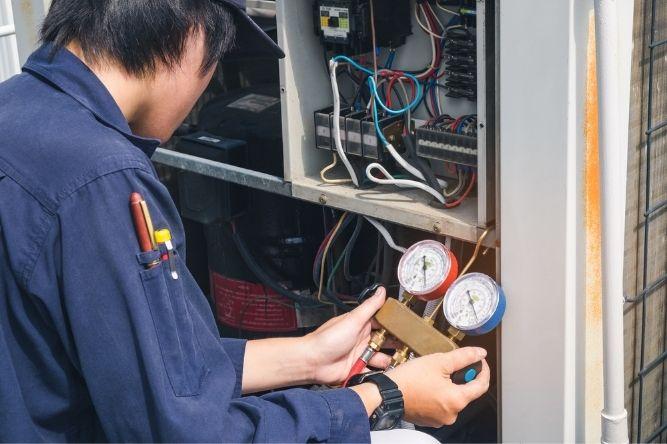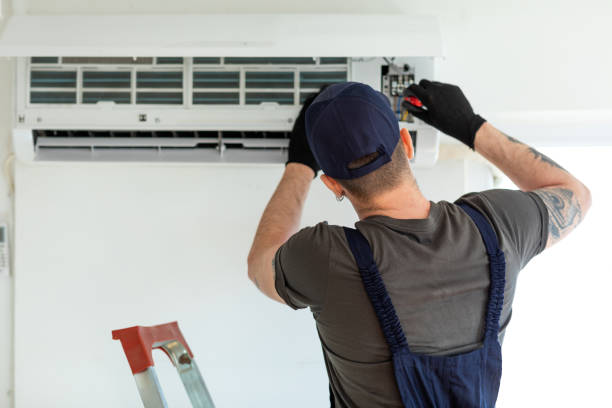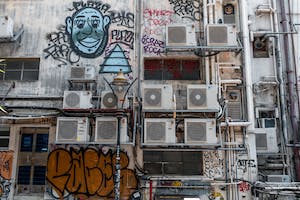Month: July 2023
Furnace Inspection and Tune-Up
by siteadmin
Furnaces burn fuel to produce the heat that regulates your home’s temperature. The combustion process must be precise for efficiency and safety reasons. Having an annual furnace tune-up prevents minor problems from becoming major ones. It also keeps the system running efficiently. High energy bills are a common sign of a poorly functioning furnace. A…
Read MoreHVAC (Heating ventilation and air conditioning)
by siteadmin
HVAC stands as Heating, Ventilation, and Air Conditioning. It is also known by the acronym HVACR (heating, ventilation and refrigeration). HVAC systems play a vital role in homes, office buildings and other structures. They heat the air and cool it while ventilating and filtering pollutants. Heating Heating and cooling systems are only a part of…
Read MoreHVAC (Heating, Ventilation and AC) Systems
by siteadmin
HVAC (heating ventilating and air conditioning) systems are used in many buildings, including schools, hospitals, and data centres. A HVAC system is made up of six major components. Students can learn from an HVAC program in a trade school how the components fit together, how they work, and how to diagnose and troubleshoot them. Air…
Read MoreUnderstanding Air Duct Cleaning: The Good and The Bad
by siteadmin
As a property owner, you may already know the importance of maintaining the quality of the air that circulates within your home or building. One of the ways to achieve this is through air duct cleaning. But what is it, when should you schedule one, and what exactly are the pros and cons of air…
Read MoreWhat is HVAC
by siteadmin
Do you know what hvac stands for? HVAC stands as Heating, Ventilation, and Air Conditioning. Furnaces warm the air by burning combustibles, such as propane and natural gas. HVAC systems use blower-motors to distribute the warm or cool indoor air. Heating It is essential to have heating and cooling in order to maintain the perfect…
Read MoreHow Air Conditioning Works
by siteadmin
Air conditioning systems help to reduce heat inside your home and can also decrease the risk of heatstroke, dehydration, or other health complications. An air conditioner operates by converting a refrigerant, from liquid to gas, and then pumping it outside through an compressor and evaporator coil. Compressor Your compressor is central to your air-conditioning system.…
Read MoreHow does air conditioning work?
by siteadmin
Understanding how air conditioning works is essential to choosing the right system for your needs. The air conditioners convert liquid refrigerant into gas and then back to liquid for cooling, thereby consuming three times the energy that a compressor can. Refrigerant Refrigerator fluid is a key component in air conditioning. It absorbs heat from the…
Read MoreRecent Posts
- All Temp Air Conditioning & Refrigeration Offers Top-Notch Refrigerator Repair Services in Tampa
- Got Flow Plumbing and AC: Bringing Cool Comfort to Houston, TX with Efficient AC Installation services
- Got Flow Plumbing & AC Unveils Cutting-Edge Services Transforming the HVAC Landscape in Houston
- Optimizing Home Comfort: Heating and Air Services in Statesboro, GA
- Maximize Your Savings: Get Money Back on Taxes with Our Exclusive Stove Promo







